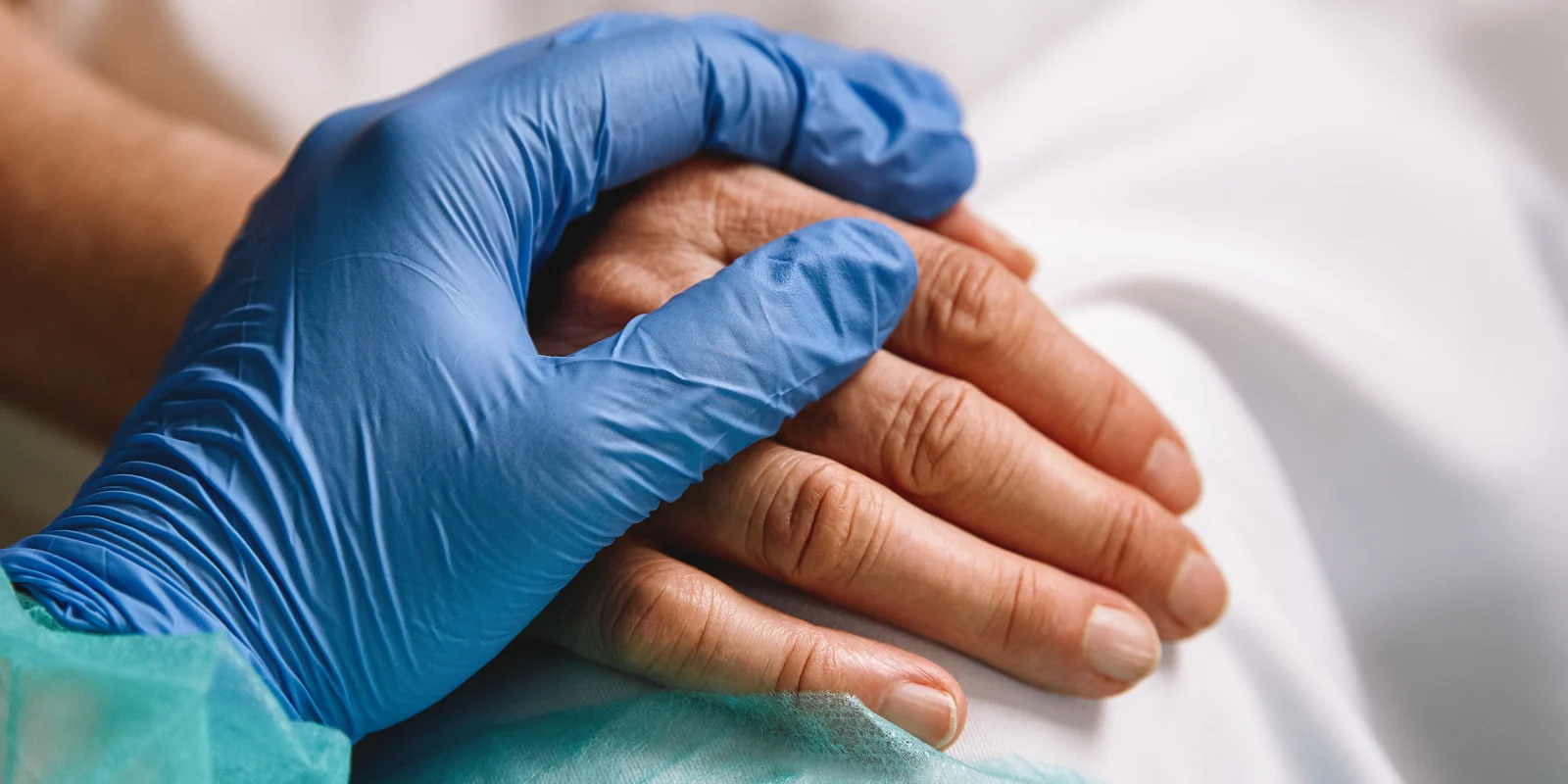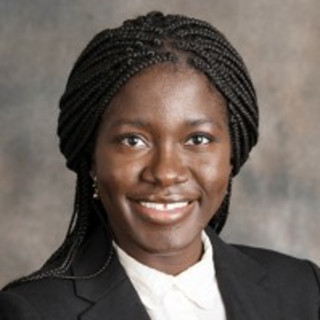“Nobody should die alone,” the nurse said to me as she held the patient’s hand and patted his forehead with a cool towel.
We were in the last few hours of Mr. S’s life. After seeing him continue to deteriorate on the ventilator, his family had made the tough decision to transition him to comfort measures only. Standard precautions of COVID-19 denied his family the opportunity to see him again. Thus, his nurse cared for him in the way she would if Mr. S were her own father. There have been so many moments like this where I have seen the COVID-19 pandemic test our value for community. Isolated by necessary precautionary measures, we can no longer share our lives in the same ways, and the tension of this is felt most when life itself is tenuous.
Discussion of community is already integral to end-of-life care. We readily seek out a patient’s legal next of kin or designated power of attorney in anticipation of this critical stage of illness. It is the time that we have family meetings and often the time when even the most estranged partners desire for their once-loved or still-loved one to not have to reckon with death alone. For Mr. S, his estranged wife sat at his bedside as long as restrictions would allow her to visit. When I walked into his room during his last morning, his nurse sat at her place.
It is said that we do not realize the value of what we have until it is taken from us. In the highly individualistic society that we live in, independence is seemingly a touted value. However, in seeing people in their most raw and vulnerable moments, my patients have taught me more than ever that the deepest pain of the COVID-19 era is not just facing uncertainty and illness, but more so, the reality of having to do so alone or in the absence of those they love most. Talking with my patients and their families as they reckon with this reality has been the most heart-wrenching part of residency.
How do you ask a family to choose amongst themselves which few of them can be present in the hospital room? How do you tell a parent that there is a time limit for how long they can sit with their passing child? Because families can no longer be as present for patients as they could be pre-pandemic, we as health care providers have had to redefine and rebuild what community looks like for our patients. It has meant taking extra time to set up Zoom video calls for patients with their families. It has meant becoming better listeners in order to help patients’ families process and grieve. It has meant checking in on patients more often, and taking time to know them more personally and what they wish for.
Perhaps adversity in itself builds community. The shared sense of uncertainty, weariness, and fear that health care providers hold has not only rebuilt how we care for patients but has also reshaped how health care providers care for each other. Whether due to restriction or worry for a loved ones’ health, we as clinicians cannot interact with our own families in the same ways, either. And in response, I have seen colleagues more readily reach out to one another to provide physical and emotional support. I have watched fellow physicians step up to cover extra shifts for colleagues who have fallen ill or who have been placed on quarantine. I see attending physicians linger longer to listen to junior physicians on how they are coping. And I witness how readily we work harder and longer for both the good of our patients and for the good of the team.
This pandemic has shown me how much we care about community and how crucial it truly is because I have watched how hard we have sought to preserve it both for patients and for ourselves. In this way, the era of COVID-19 has also held some of the most heartwarming moments of residency — it has brought forth stronger intentionality and duty for service to others. I hope that this carries — that we continue to so fervently seek to be present for others even when being communal becomes common again.
How have you seen COVID-19 change families and communities near you? Share your experiences in the comments.
Dr. Nzuekoh Nchinda is a general surgery resident at the University of Washington who is passionate about health equity, quality improvement and outcomes research, and ethics. She completed her medical school education at the University of Chicago and undergraduate studies in chemistry at Harvard University. She enjoys knitting, running, and singing in her free time. She is a 2020–2021 Doximity Op-Med Fellow. All names and identifying information have been modified to protect patient privacy.






